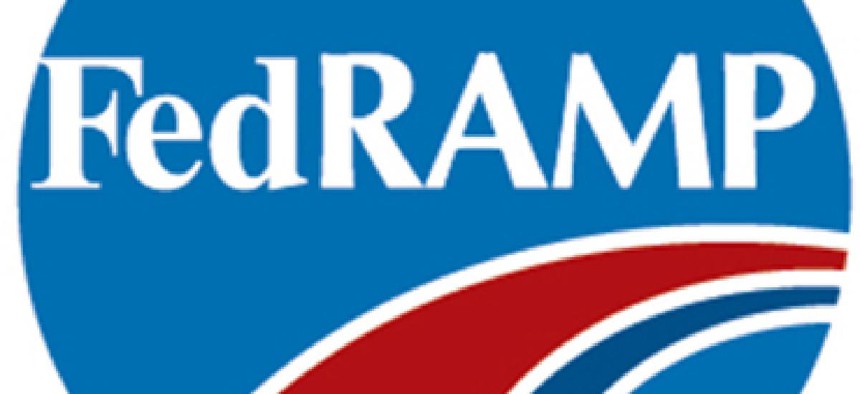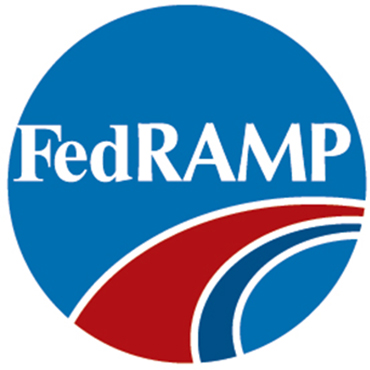Dealing with the FedRAMP deadline

A day ahead of GSA's deadline for cloud service providers to be certified, both government and vendors say they have seen an evolution in attitudes and strategies.

Just ahead of the deadline for federal certification of security for cloud operations, agency officials in charge of the initiative and cloud service providers said the program has spurred new ways of thinking about federal IT.
The Office of Management and Budget set June 5 as the deadline for vendors to be certified by the Federal Risk and Authorization Management Program (FedRAMP), which sets up a standardized approach to security assessment, authorization, and continuous monitoring for cloud products and services. The General Services Administration manages the program.
"There are still some equipment-huggers out there," GSA's FedRAMP Director Maria Roat said in an interview with FCW, referring to some federal users who might still cling to the physical servers and networks that are being inexorably replaced by infrastructure and services in the cloud.
But aside from the occasional hard case, agencies and cloud service providers have adapted to and embraced the FedRAMP process as it rolled forward. "The culture is shifting," said Roat. The level of detail provided by cloud service providers in the certification process has opened up a new level of transparency among providers and agencies. "That had been lacking in the process."
GSA FedRAMP Program Manager Matt Goodrich, agreed. "The tech is easy. Culture change is hard," he said.
Goodrich said agencies have accepted that they don't all need unique IT facilities, and that many functions are commodities best served by the cloud.
When they do, Roat said, they can plan accordingly. She noted that the Department of Homeland Security has components that will require some unique capabilities that FedRAMP's cloud security might not address, while others will fit well within FedRAMP. "FEMA [Federal Emergency Management Agency] needs to get out in the cloud" to facilitate a wide-ranging, publicly oriented mission, while the Secret Service may not want to have anything in the public cloud, she said.
Because cloud services don't really have a firm definition and cross many lines, some potential CSPs have considered and reconsidered which path to take to get certification as the deadline approached.
As of June 4, there were 11 FedRAMP-certified service providers listed on GSA's FedRAMP website under the Joint Authorization Board provisional authorizations. The JAB is the primary governance and decision-making body for the FedRAMP program. Another four CSPs have agency-sponsored authorization. More than a dozen others are in the JAB queue awaiting certification, Goodrich said.
The majority of the authorized companies are listed as cloud infrastructure-as-as-service (IaaS) providers including AT&T, Hewlett-Packard and Amazon Web Services. Only a few are listed as platform-as-a-service (PaaS) or software-as-a-service (SaaS) providers, including MicroSoft, Oracle and AINS Inc.
With cloud providers constructing their offerings in a myriad of ways, paths to authorization vary. Customer resource management services provider SalesForce.com announced May 30 that it received authority to operate on its government cloud, both for PaaS and SaaS, in partnership with the Department of Health and Human Services.
"Since we've been supporting government for such a long time, HHS was a logical sponsor," said Dave Rey, Salesforce.com's senior vice president public sector. "The last several months has been dedicated to working with HHS" on certification, he said, adding that the certification gives the company a boost not only among federal customers, but state governments seeking secure cloud solutions as well.
At the same time, reverse auction provider FedBid rethought its approach to authorization.
While initially considering seeking JAB compliance, FedBid opted to wait for an agency sponsor, all the while keeping up with the program's security documentation, said Joe Jordan, president of the company's public sector operations and former White House administrator for the Office of Federal Procurement Policy. The company reconsidered after consulting with a third-party contractor to determine the best path forward.
"We're not really a cloud service provider," Jordan said, adding he will wait until an agency sponsors the company through the certification process. "We have a team ready."
GSA will continue to help providers and users work through the process -- an industry workshop was held at its headquarters June 4 and another federal agency workshop is scheduled for June 10. The day after the deadline, the FedRAMP Program Management Office is also set to publish a bevy of updated security control baselines and new templates to reflect changes in revision 4 of the National Institute of Standards and Technology's SP 800-53 security control baseline.


